Is Travel the Best Education?
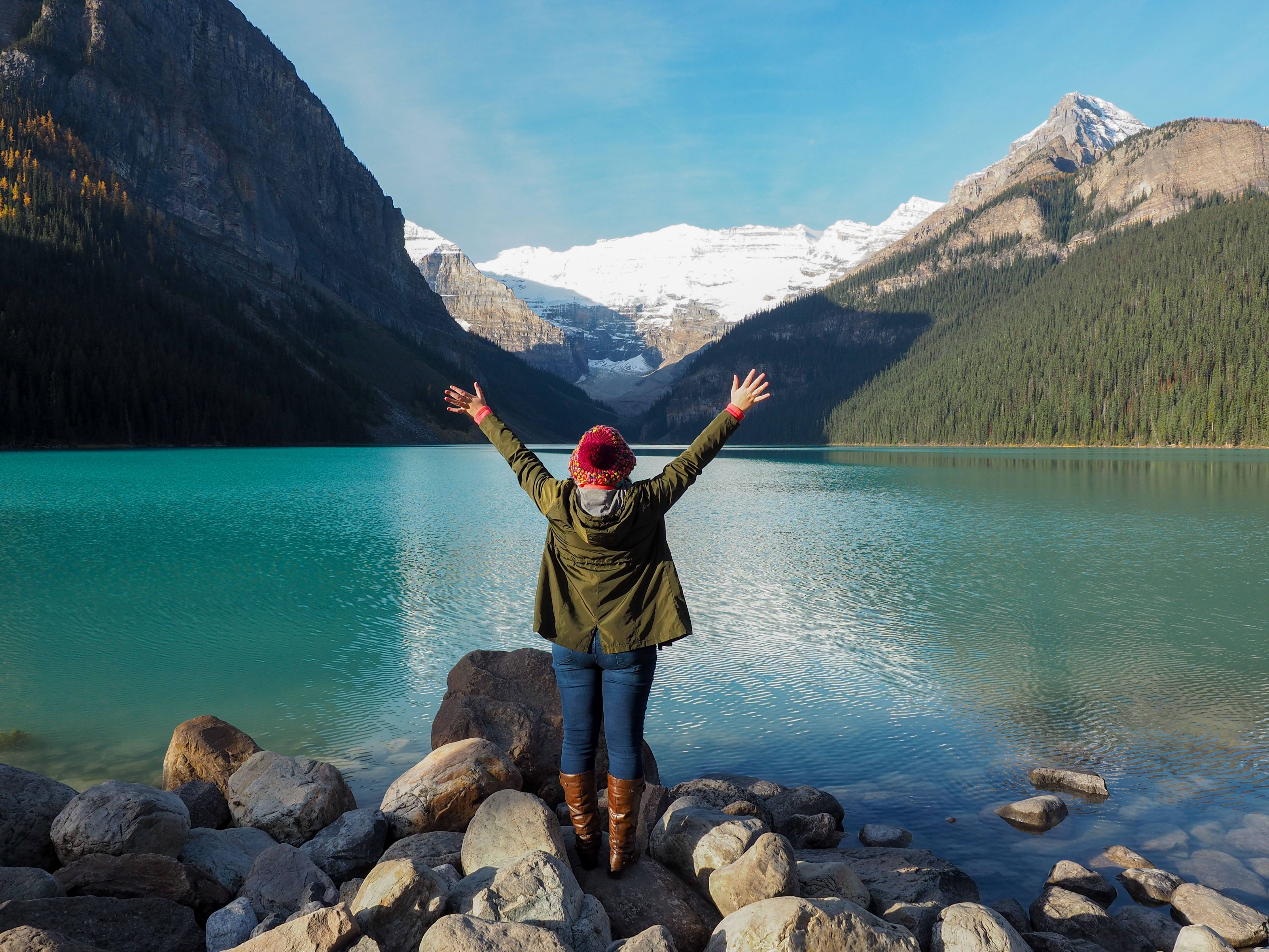
I grew up a country girl.
I didn't listen to country music or own cowboy boots or anything like that – but I did grow up on an 18-acre Christmas tree farm in rural northeast Ohio. Far enough out in the country that you could see every constellation on a clear night and it wasn't uncommon to hear coyotes howling in the backyard.
Growing up, my sister and I didn't play video games. We didn't have cable TV. My parents still had dial-up AOL until about 2005.
My rural high school was tiny. I graduated with 94 people in my class and knew just about everyone in my high school. And mine was the kind of school that was really into football and banned the Harry Potter books from our school library (because, witchcraft).
Growing up in rural Ohio had its positives, don't get me wrong. Summers were filled with swimming in the pond and climbing trees and picking wild blackberries so that Grandma could make a pie. Autumn was filled with corn mazes and marching band and crunching through leaves in the woods. And winter was all about snow tubing in our front yard and building igloos near the frozen lake.
But there definitely was a slight sense of living inside a bubble.
My high school had zero diversity. Most people I grew up with could visit their entire extended family without driving more than 30 miles. And many were perfectly happy with the prospect of staying in rural northeast Ohio forever.
This isn't a BAD thing, of course. It's just a very sanitized version of life; a very safe existence.
It was in high school that I began to realize that I wanted something beyond what I knew inside my Midwest bubble. I loved reading and learning about new places (yes, I was that geeky kid who actually LOVED school), and it was around tenth grade that I first started to dream of traveling.
I spent the rest of my high school career saving up so that I could go on a Lord of the Rings-themed tour of New Zealand when I graduated (geeky, remember?).
After that initial trip to New Zealand, I was fully infected with the travel bug. I joined my college marching band simply because it would mean international performance tours every two years. I took extra classes and credits so that I could study abroad during my senior year. And I began to realize that I couldn't imagine my life without travel in it.
Travel as Education
I got a great education from both my little rural high school and my little rural Ohio college, don't get me wrong. I had great teachers and professors and took classes that satiated my desire to keep learning.
But, the more I traveled, the more acutely aware I became of the fact that traveling supplemented my education in a way that textbooks and PowerPoint presentations in lecture halls just simply could not.
RELATED: Should You Quit School to Travel the World?
Travel opens your mind. It shows you new ways of thinking and seeing and believing. And there's something about BEING in a place that makes learning about it and its people much more tangible.
Traveling has taught me a lot of things.
Some, hard facts that I've learned from visiting places first-hand. There's only so much you can fit into history or government classes, after all – inevitably, a lot gets left out.
Through my travels, I've learned about:
Gallipoli – American history classes generally don't delve too far into wars or battles that the U.S. wasn't involved in. So, before I went to Turkey, I knew virtually nothing about the ANZACs or the awful battle(s) that took place on the Gallipoli peninsula during WWI. Visiting and touring Gallipoli with a group of Aussies opened my eyes to how much I didn't learn in school.
The Killing Fields – I vaguely knew about Pol Pot and the genocide committed by the Khmer Rouge in Cambodia in the 1970s, but, again, it wasn't something we delved very far into in school. The Vietnam War? Sure. But not Cambodia. Traveling through Cambodia and visiting the Killing Fields made the reality of those atrocities much more real. Travel has this ability – it brings history to life and makes us realize that these things happened to real people.
The Warsaw Uprising – Did you know that people in the Polish capital of Warsaw rose up against the Germans during WWII, and the Germans in turn burnt the city to the ground? You would never know it visiting Warsaw today, but it's been almost completely rebuilt since 1944.
The reality of elephant tourism – Before I started planning my first trip to Asia, I had “ride an elephant” on my bucket list. But then I began learning about the reality of elephant tourism in Southeast Asia – about how the animals are tortured and broken in order to work and hold people on their backs – and I quickly changed my mind. Once I got to Thailand, I decided to volunteer at an elephant sanctuary instead of ride a pachyderm, and it's a lesson I'll continue to pass on to anyone I meet.
I've also learned about the Jacobite uprisings in Scotland, how the Northern Lights are formed in Canada, all about the engineering behind the flooding of the Colosseum in Rome, about Moorish influence in Southern Spain, plus much, much more.
For me, travel brings history – sometimes history that I never even knew about! – off the pages of history books. It makes it closer and more digestible.
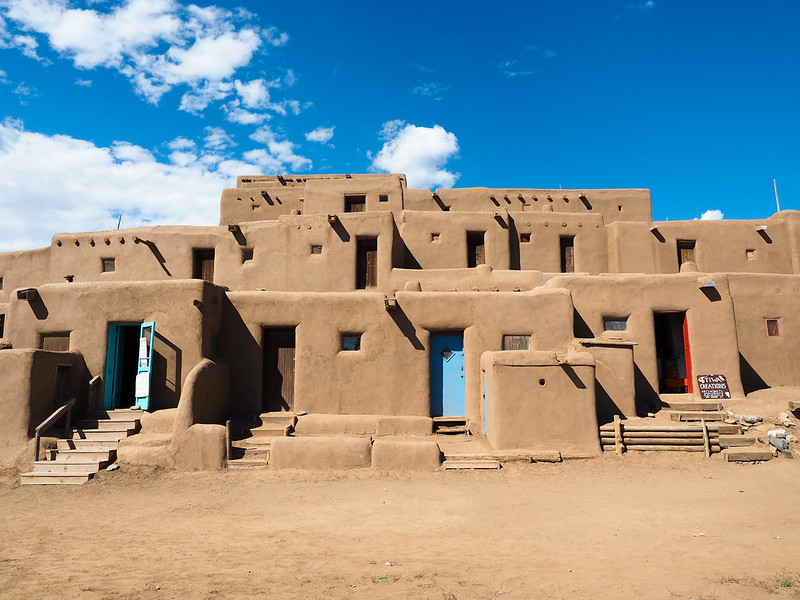
And I've learned more less-historical lessons from traveling, too.
I've learned that the world is not a scary place and that people, on the whole, are very similar no matter which corner of the globe you visit.
I've learned how to keep an open mind and not be too quick to judge people or cultures that I don't fully understand.
I'm reminded constantly not to take for granted the things I have here at home.
I've discovered things about myself – deep, personal things about both my strengths and shortcomings – and have grown into a more confident and capable version of myself.
I've learned that there's no “right” way to travel or love or write or live a life.
RELATED: 26 Things Travel Has Taught Me
Basically, travel has taught me some of the most important lessons in my life. And I could have never learned all of it in school.
So, IS travel the best education? Well, I don't know if it deserves the superlative of the “best.” (And I still wouldn't recommend dropping out of school to travel.)
But travel IS definitely is really valuable and an integral part of becoming a global citizen of the world.
In my opinion, every young person should be required to travel away from their hometown (and their home country) at least once before they finish school. There aren't many better ways to learn!
What do YOU think – is travel the best education?

Amanda Williams is the award-winning blogger behind A Dangerous Business Travel Blog. She has traveled to more than 60 countries on 6 continents from her home base in Ohio, specializing in experiential and thoughtful travel through the US, Europe, and rest of the world. Amanda only shares tips based on her personal experiences and places she's actually traveled!

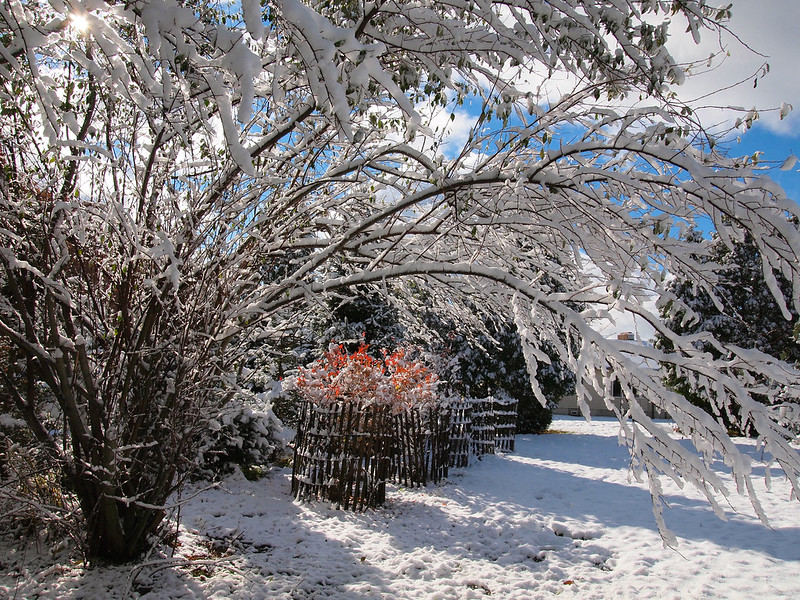
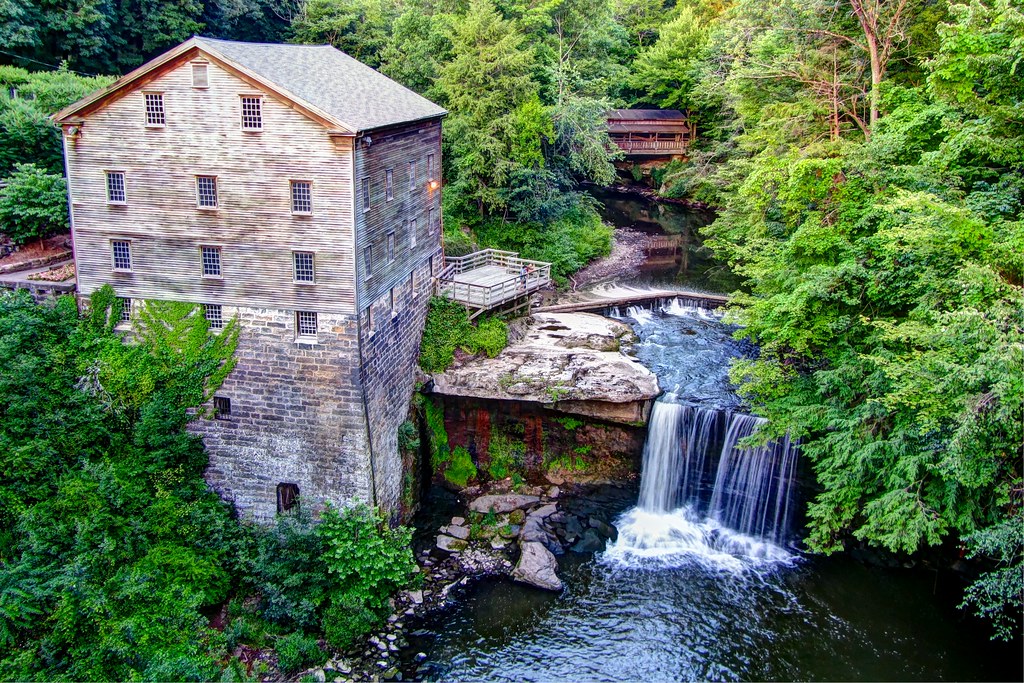
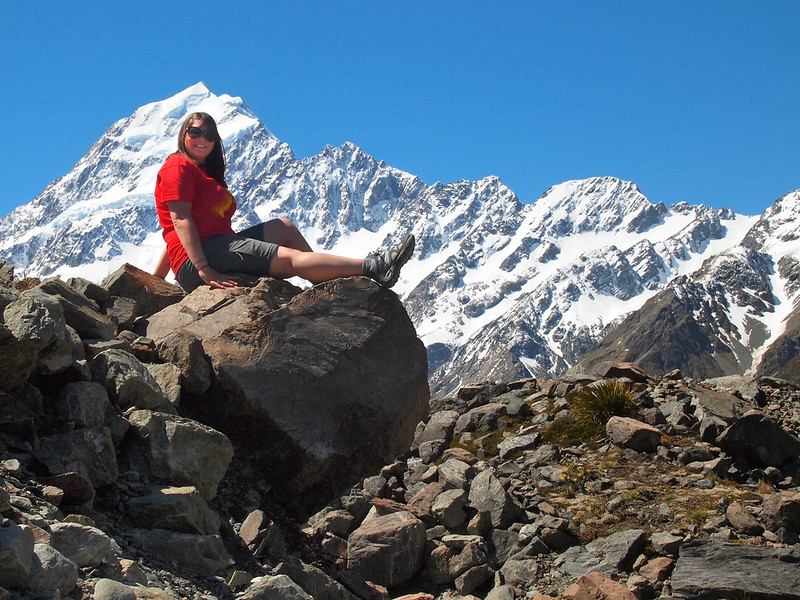
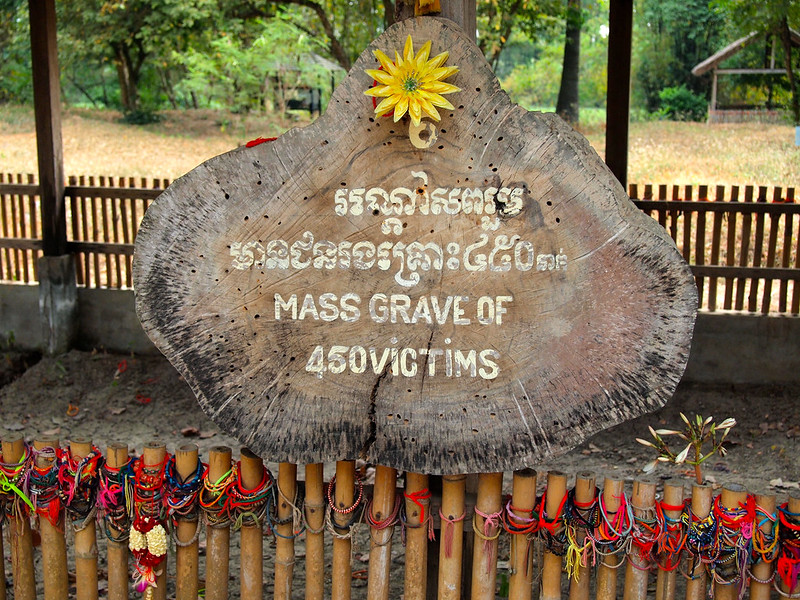
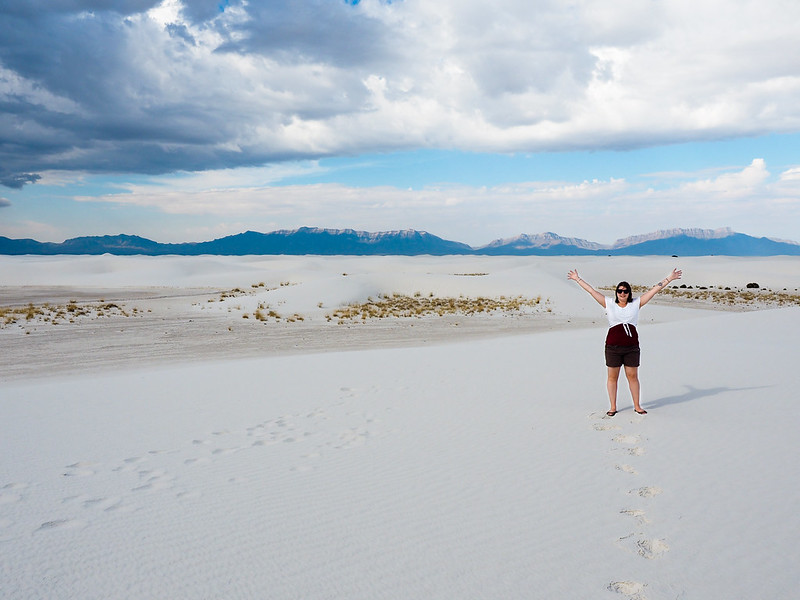
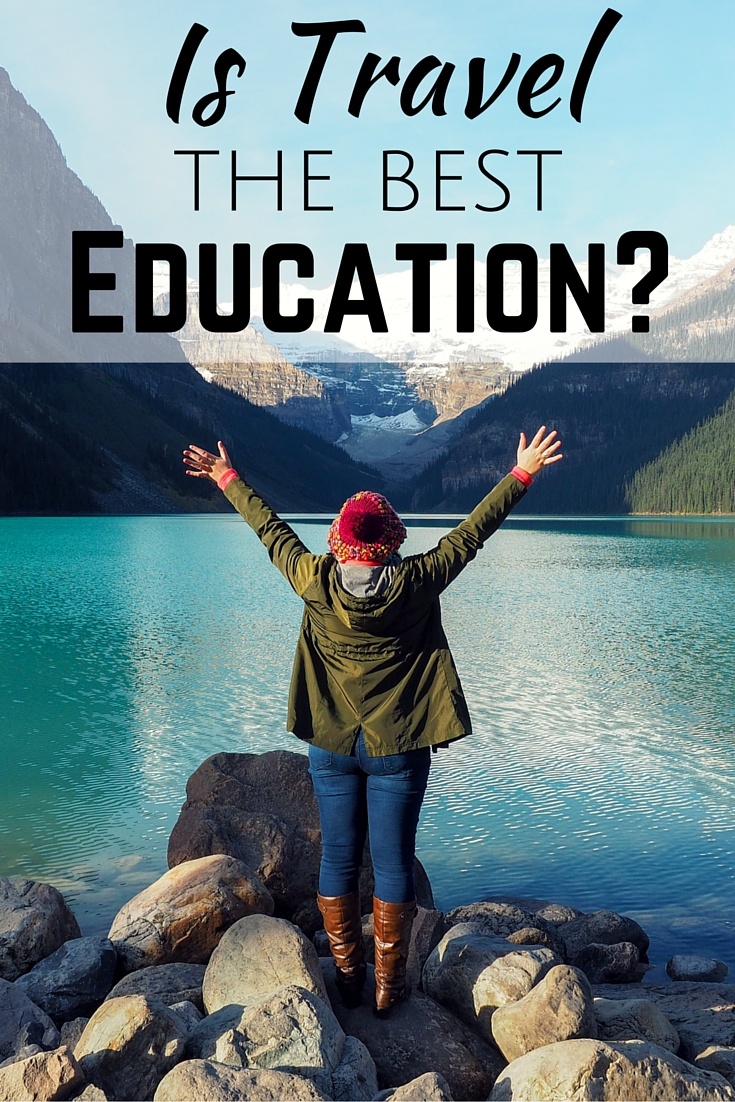









Jared, we have digital schoolboards now 😉 (I ‘m speaking for Western Europe)
This means we have the world in the classroom, but I agree: between four walls, education is too narrow minded (I’m a teacher myself).
Travelling and putting your children next to (or in 🙂 the swimming pool over there for 2 weeks, as too much parents do, is narrow minded too.
A lot of the concept of travelling is becoming richer if parents spend quality time with them and really ‘share’ the world together, let the children meet new people, cultures,history … (and not ONLY the beach or swimming pool 🙂
Ow yes, sometimes it’s a small struggle: no dad, I want to swim! (you can swim tonight, AFTER our visit to the (painted) caves/ AFTER the hiking trip, …. But you know these stories…children stay children, but this makes a travel a lot more interesting, finally for them too. )
I easily pick out children (at school) who make these kinds of travels, just by listening to their point of view about a lot of themes.
Yes, quality travelling is big education! (and I still thank my own parents for that)
I’m still laughing at the ‘AOL till 2005’ comment, haha…I can hear the dial up sounds now in my head!
Seriously though, this article hits on an important topic which is traditional vs. real life education. As a father, I will definitely educate my son in the traditional sense through the public school system. But, I won’t think twice about pulling him out for a few months if/when we decide to take off and travel as a family.
I was fortunate to start traveling at relatively young age, so it’s always been part of me and my value system. It’s important for me at least to ensure that I pass this knowledge, global awareness, and perspective onto my son.
There are all sorts of life lessons you simply can’t learn in between four walls and a chalkboard (do they even have these anymore??).
-Jared
That’s great Jared. I do think a balance is important – you can’t learn everything in a classroom, but there are certainly important things to learn from a traditional education, too!
I am also from a super tiny, rural town (graduation class of 51), so I feel you on the charming, but often times suffocating existence that comes from living in that kind of community. My community was a little different in that is was a hippy enclave, where and I got to hear so many stories of these world travelers who ended up in the mountains of Colorado. I caught my travel bug through osmosis.
I think that travel has taught me so much more about basically everything than my everyday life has. Not a day goes by that I don’t use some sort of skill I learned through traveling (mostly not sweating the small stuff). On top of just life skills, I think I have learned more history from two years of on and off again travel than I did in four years of history classes in college (history was even my major!). Is it the only way to learn? Certainly not. But it is cheaper than college and you can learn so many different life lessons that really can’t be taught in a classroom.
Small-town girls, unite! 🙂
I agree that travel definitely isn’t the *only* way to learn. But it definitely teaches you things (both facts and skills) that you aren’t likely to pick up in any classroom!
Our backgrounds are so similar! The (lack of) cable, the dial up, the corn mazes and deer in the backyard…the only difference is I graduated with about 500 students in my class and we had a strong Hispanic minority (but still very, very few Asians).
But good lord there is so much I’ve learned outside of that Pennsylvania bubble — not least of all where countries are on a map! Classmates I graduated with are on their second child (or marriage) and I’m just like…where am I going to go/see/learn next?
Haha I’m so on the same page! A LOT of people I went to school with are married with kids by now, and never plan to leave northeast Ohio. There’s nothing wrong with that, of course – it’s just not for me!
‘Love the post Amanda!
I would always advocate for a paper and chalk education to fall back on first LOL! But you’re absolutely right. Travel is an education for life, to see the world around us and to love it for what it is. Also, it’s an education for others. You can’t imagine how local people in Asia, Africa, North America and Eastern Europe for that matter, are pleased, shocked but amazed to see a girl of colour travelling about, completely unfazed, sticking her hand out for a handshake and saying a posh, clipped, British “Good Morning.” That’s me by the way!
Yes, a standard education is important, too! But I think when it comes to life experience and understanding the world outside of what you (think you) know, travel is the best!
I like what you are alluding to Victoria: that a formal education is important. I notice among us travelers that we tend to sort of get caught up in a dualist view of formal education versus the practical education traveling, for example, offers.
I am convinced they compliment each other in complex ways difficult to articulate in brief blog posts or comments. A solid formal education can refine critical thinking skills that are invaluable to navigating more engaged traveling and position us to share thoughtfully insights gained from our travels with those around us, as Amanda does so well. 🙂
Very well-said, Yok! And I agree – I think the two “types” of education can complement each other quite well!
Ain’t nothing wrong with cowboy boots and country music (says the Nashville girl) 😉
But I had this EXACT epiphany when I was at the Killing Fields a few years ago. This sort of stuff you don’t learn in a classroom (at least not a U.S. one in Middle America!).
Nope, definitely nothing wrong with cowboy boots and country music! I’m just not *that* kind of country girl. 😉
But yes. Even if we WERE taught about things like the Killing Fields in school is middle-America, it’s still not the same as actually being there and being confronted by it right in front of you.
I completely agree! Travel introduces us to things that sitting in a classroom day in and day out just can’t do. It forces you to change your perspective on things, to open your eyes to the past, present, and future in a way I think every citizen of the world should.
I was lucky in that, growing up, my mom was on the international committee of our local YMCA, so from the time I was a baby we had people from all over the world staying at our house. She had lived in Japan for 2 years before getting married/having kids (I still remember some of the basic Japanese she taught us when we were little and my command of chopsticks is pro level 😉 ), she took multiple international trips with the YMCA which I got to hear all about afterwards, and before having kids she worked at a university bringing international students into the US to study abroad. Now she’s the Associate Director of Study Abroad at the same university sending US kids abroad for a term or two. So, needless to say, having an international education was always a no brainer for me. And studying abroad in Australia (and traveling around NZ), is what really got the wanderlust juices flowing. I became a better student back in the US after returning from abroad, I was more focused in my goals, and my desire to understand the culture of others continued to grow. As much as I love my books (nerd over here who loved school (and LOTR) too!), you can’t get that kind of knowledge from pages and text. To me, first hand experience trumps literary knowledge every time (though obviously I’m not going to stop reading any time soon!).
That is so awesome, Emily! I never had any travelers in my immediate family, but thankfully my parents have been pretty supportive of all my traveling! I agree, though, that first-hand experience is almost always more valuable than what you learn in a classroom. School is still important, don’t get me wrong. But I think actually being OUT THERE in the world gives you such a different perspective on things.
I was JUST thinking about this today!! I’m in New Orleans for the weekend and visited the WW2 museum (amazing btw), and was thinking how much more the museum meant to me now since I have stood on D Day beaches and visited other WW2 sites around Europe. Seeing places first hand and meeting the people there brings everything together and makes a lasting impact that resonates more deeply than anything you could learn in a book. Thanks for the post!
Thanks for reading, Shannon! I often find it difficult to explain what actually *visiting* historical places can mean. But you summed it up great – it makes a lasting impact that resonates, and often carries over into other aspects of your life.
I totally agree that you should never judge any person by the nation he or she is from (or race/religion/sexual orientation/etc). I can imagine the Cu Chi complex was uncomfortable though. I loved traveling in Vietnam as well, the people are so positive and friendly! Nevertheless, back to the original point of your post: travelling definitely educates you in a way a text book cannot.
I totally agree Amanda! While traveling in Southeast Asia I learned so much about the impressive history of those regions, particularly in Vietnam, Cambodia and Laos. And even though I learned about the Vietnam War in high school, I did not realize how much impact it had on the country and its people until I visited the War Remnant Museum. And I didn’t even know Laos was bombed until I visited the COPE museum in Vientiane… I am wondering, how is it to travel those regions as an American? I have not travelled to Indonesia (yet…) but considering the ugly things the Dutch did there in the past I can imagine I would find it confrontational to visit some of the museums, being from the Netherlands myself.
A lot of people asked me about traveling in Vietnam as an American. While there were a couple uncomfortable moments (including a guide at the Cu Chi Tunnels who took delight in talking about all the booby traps designed “for American soldiers”), my overall experience was great. I loved Vietnam, and nobody was nasty about my being an American. People in that part of the world are able to separate American tourists from the American government who started a war there decades ago. It WAS interested to be confronted by some of it, but I think that’s important, too!
Absolutely! I admire Europeans for the “gap year” mentality and think we should encourage more of that in the states.
You mentioned the killing fields of Cambodia – planning my first trip there is the first I’ve heard of this – I was shocked that this wasn’t something they covered in school! And I went to school in the 80’s/early 90’s – so bizarre!
A friend said to me yesterday that if she was planning a trip that required vaccinations, she would think twice about the trip. We definitely have different travel styles, and some people prefer a sterilized version of travel, I guess.
I’m definitely with you when it comes to encouraging more of that “gap year” mentality! The Aussies and Europeans have it right – young people NEED that year or so to have adventures, see the world, and learn more about themselves before settling down.
It’s definitely true that different people have different travel styles. But that’s totally fine! There are still plenty of places to visit for any travel style.
This article is spot on! I had a very touching experience when visiting Gallipoli with a group of Australians. I never would have know anything about ANZAC otherwise. Travel certainly opens your eyes.
I’m definitely a history nerd, so being able to learn so much while traveling is so awesome for me.
It certainly is a world class education. You learn so much about the world, and yourself as well, the latter of which a textbook can never teach you!
So true, Selma. I also think that travel challenges you in ways that you probably aren’t challenged at home – which of course leads to more growth/learning about yourself!
I completely agree that travel educates us.
I also was a country girl growing up and I also felt the need to escape small town life. I love returning to visit my parents and my grandparents but I don’t think I could ever live there permanently again.
Travelling to Rwanda and visiting the Genocide Museum was probably the single most confronting and haunting, but also educating travel experience I have had. It was unique because at the time it had only been 19 year since. Therefore the community we had developed bonds with had literally lived it; our driver had watched his whole family be killed, his wife had machete scars on her shoulders. I think when it comes to serious historical events like the Rwandan genocide we tend to be a bit desensitised when only learning about it from a book. It’s a different type of education that travel offers us.
I totally know what you mean about books desensitizing history – one reason why I think it’s so important to visit those “dark” places when we travel. There’s no way we’ll fully understand things like genocide. But but being there (and, in some cases, talking to people who lived it), I think we get one step closer to at least feeling compassion and empathy. And those feelings… you can’t learn those from books.
Travel is insanely educational. There’s so much outside of the world we see outside our windows every day!
Definitely! And more people should see that world out there!